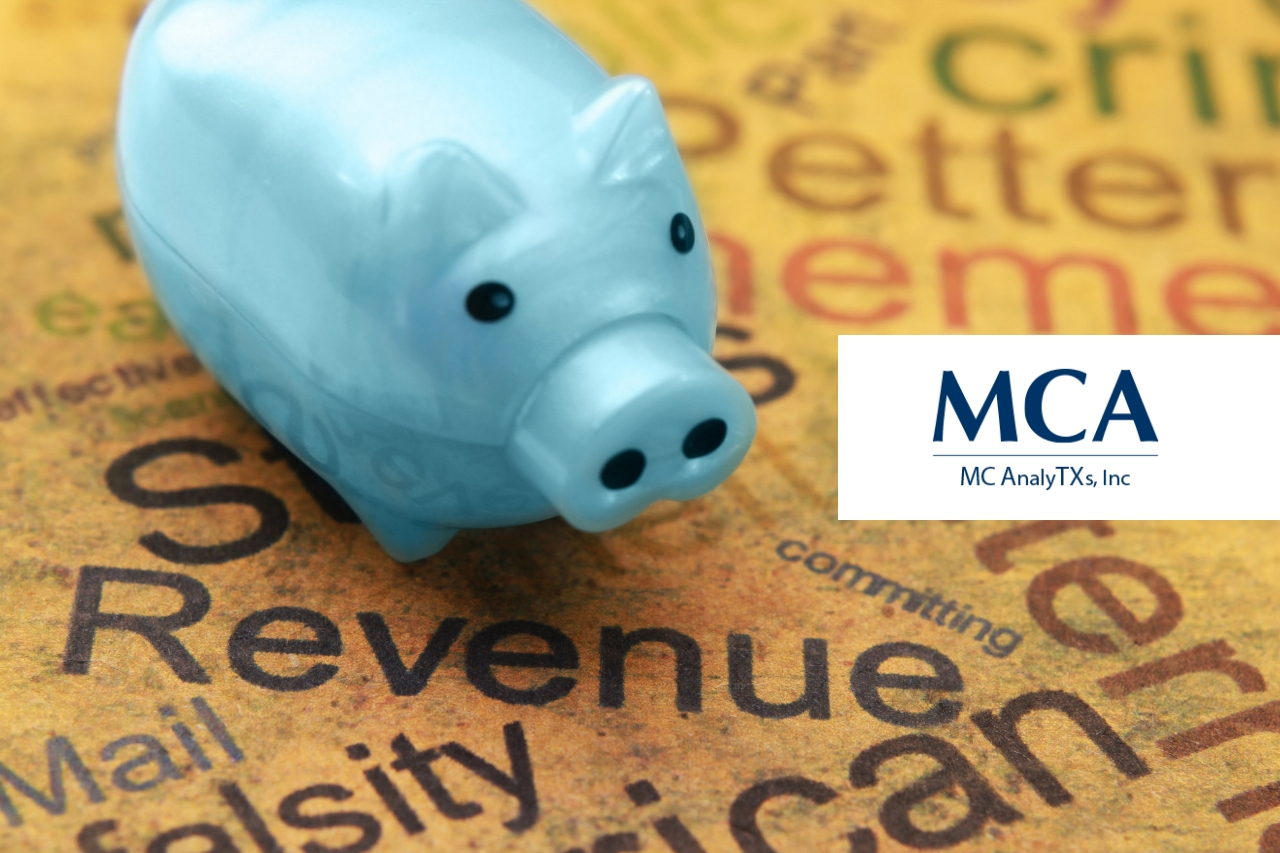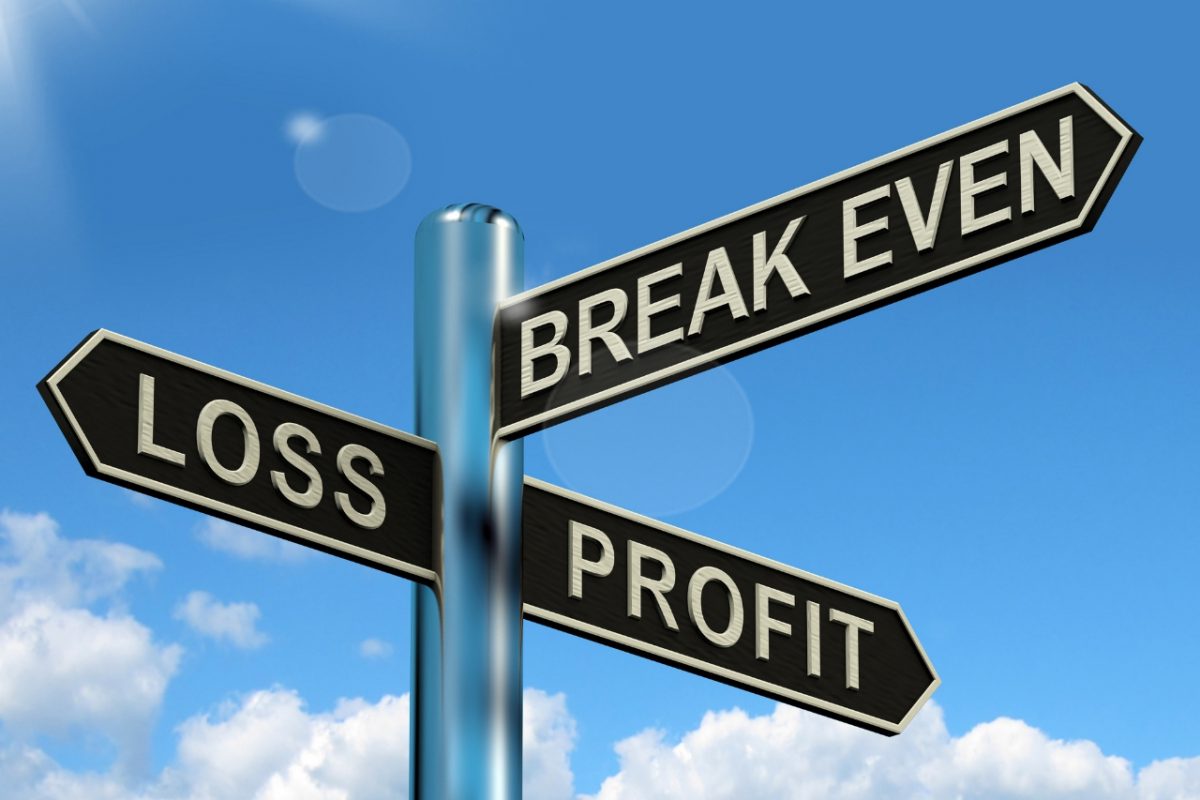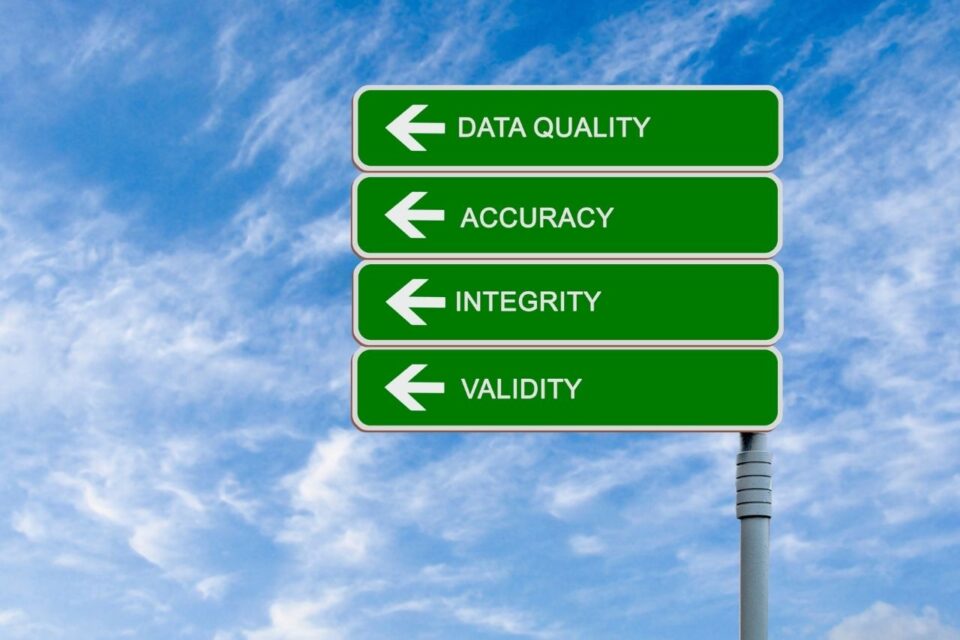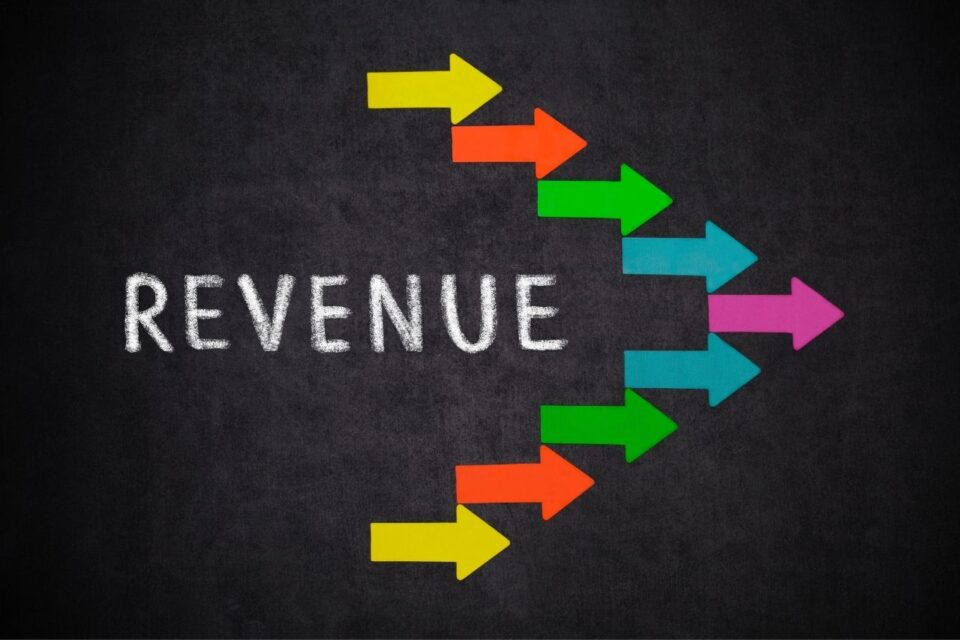
Revenue Integrity: The top most priority of hospitals and its implementation
November 29, 2018
68% of Healthcare Provider Execs Plan for Revenue Cycle IT Budget Growth
January 8, 2019The consumer experience is important regardless of which industry you operate in. This also applies to healthcare contrary to popular belief. Healthcare providers must improve the patient experience in order to achieve overall revenue cycle management success.
In the past, healthcare providers were more interested in focusing on KPIs and payment collection, now patient experience must take center stage.
Why is it important for the healthcare revenue cycle to align with positive patient experience?
Well, for starters, they are the first and the last ones to interact with the patients. You might have heard of the consumer buying model. The pre and post-purchase touchpoints are considered to be the most crucial in the business sense. It helps in building a long-lasting relationship.
The same theory applies here as well. At the end of the day, you want your customers to have a quality experience so that they visit your clinic again. Aligning the healthcare revenue cycle with patient experience will help in achieving this.
It is just about getting people on board for the long run. It is crucial to also deliver a positive experience because of the changing landscape of the revenue source. While previously, insurance companies tend to compensate for most of the health cost, now this is not the case.
Currently, medical costs are rising. Recently, an 11% hike was observed in out-of-pocket expenses. This means that patients are now facing increasing financial responsibility. In other words, your hospital relies on individual patients for its revenues. To make sure the revenue process goes as smoothly as possible, hospitals must now align it with patient experience.
How to improve the system?
One of the observed trends of today’s consumers is that they prefer self-service. Rather than waiting in queues and getting help from your staff, merely install technologies so that patient registration and payment can be done by individuals themselves. While you can easily reserve a restaurant table via an app, in most cases, you can’t get a doctor’s appointment in this way. The healthcare industry needs to change to incorporate self-service to make the process more consumer-friendly and less inconvenient.
Secondly, the billing and collection system also needs to be aligned with customers. The healthcare industry must begin by creating awareness about the patient’s financial responsibility from the get-go. Rather than handing them a financially burdensome bill at the end of it all, let them know about the process from the beginning. Just like consumers see the price of the product they want before they buy it in the retail industry, the same needs to be the case for healthcare. This will allow people to gauge their ability to pay beforehand and hence boost overall payment collections.
Conclusion
Following the same old business model won’t be sustainable for long in the healthcare sector. The landscape is changing. Medical practices need to change with it. Adopting the mentioned methods is just the start. The fact remains that positive customer experience is central to it all.
Do you want to increase your bottom line? Learn how our software is saving other organizations $$MILLIONS!
If you are interested in a free demo of our AllPayor® Software, please go HERE or you can register for a FREE webinar HERE





